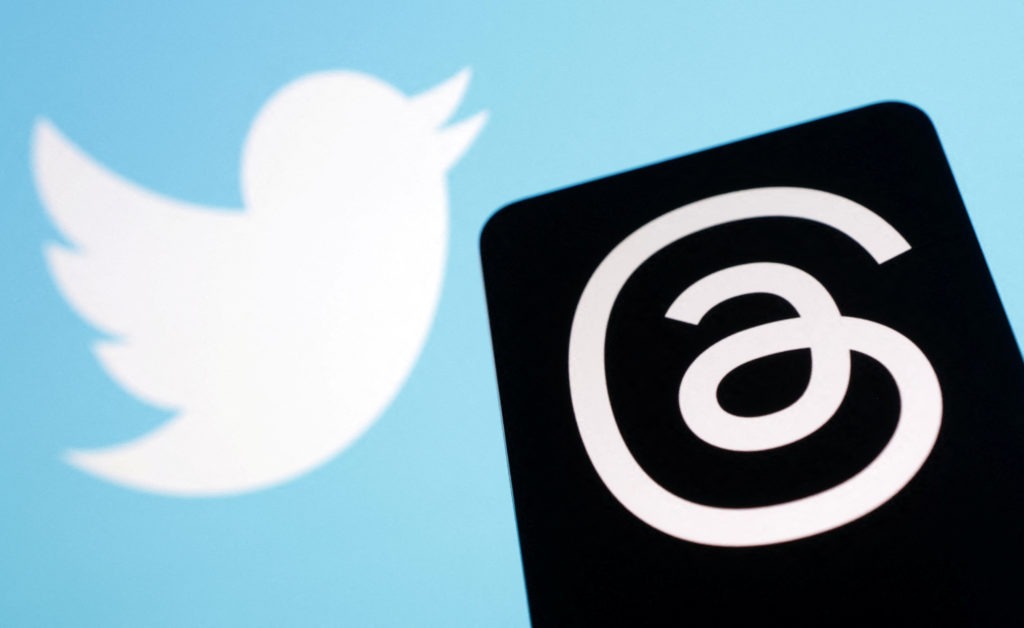As we go past the midpoint of 2023, the digital landscape continues evolving at an unprecedented pace, with social media platforms leading the charge. They are no longer mere mediums for connection and communication; they are shaping our societies, economies, politics, and daily life. In this blog post, we’ll delve into the current state of social media, shedding light on the significant trends, key players, and future possibilities.
The Titans of Social Media
While the social media space is constantly welcoming new contenders, a few titans continue to dominate in 2023. Facebook, despite the various controversies and criticism regarding privacy and misinformation, remains a prominent player with a diverse audience base. The ongoing popularity of Instagram, owned by Facebook, is fueling this dominance, especially among the younger demographics.
Twitter fights it out with Thread to continue thriving as the go-to platform for real-time news, discourse, and microblogging, while YouTube remains the king of video content. However, video-focused platforms like TikTok and its clones are pushing the boundaries of short-form content, driving user engagement with their dynamic, authentic, and creativity-inducing format.
LinkedIn remains the stronghold for professional networking, maintaining its focus on career-related content, job opportunities, and professional development.
The Rise of Niche Social Media
Niche social platforms, tailored to specific interests or communities, are growing in popularity. Platforms like Clubhouse, a drop-in audio chat platform, are revolutionizing the way we communicate, bringing back the power of voice in the digital age.
Similarly, the renewed interest in gaming, combined with social interaction, has seen platforms like Discord skyrocket. The platform allows gamers and non-gamers alike to create communities and engage in real-time conversations.
The Intersection of Social Media and E-commerce
The intertwining of social media and e-commerce, known as social commerce, has gained significant momentum in 2023. Instagram Shops, Facebook Marketplace, and Pinterest’s ‘Shop the Look’ feature are blurring the lines between social networking and online shopping. With users able to discover, consider, and purchase products without leaving their social feeds, brands have new ways to capitalize on impulse buying and user trust.
Privacy and Security Concerns
Despite the innovation and growth, privacy and security concerns continue to plague social media. Users are becoming increasingly conscious of their digital footprint, leading platforms to take a more proactive approach. Encryption, user control over data, and transparency in data usage are becoming non-negotiable aspects of any social media platform.
The Age of AI and AR
AI and AR are transforming social media experiences. From Instagram filters to personalized content recommendations, AI and AR are integral to many platforms’ functioning. AI-driven content moderation is becoming increasingly necessary to combat hate speech, misinformation, and harmful content. Meanwhile, AR offers new ways for users to interact and engage with content, driving up user engagement.
The Future of Social Media
As we look to the future, we can expect the lines between the digital and physical worlds to continue to blur. Virtual reality (VR) and augmented reality (AR) are set to take social media to new heights, enabling users to interact in immersive digital spaces.
Blockchain and decentralization might also have a significant role to play. Concepts like decentralised social networks and NFTs (non-fungible tokens) could redefine ownership and value in the digital space, providing users with greater control and new opportunities.
The state of social media in 2023 is vibrant, complex, and ever-evolving. As users, we are constantly adapting to new ways of communicating, engaging, and doing business. As we navigate these transformations, the challenge will be to maximize the benefits of these dynamic platforms while addressing issues of privacy, security, and the quality of digital discourse.

